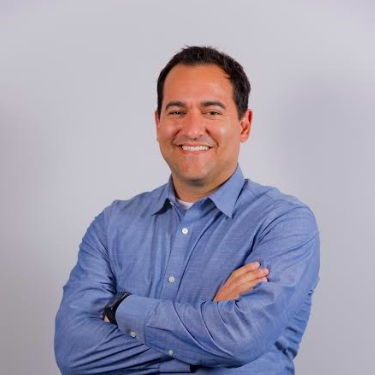
Millions of people use FSAs and HSAs to buy health and wellness products, so ensuring the quality and safety of these products is essential.
Despite widespread changes to health insurance and employee benefits in recent years, roughly half of Americans still receive health benefits through their employer, and, of those employers, 56 percent offer a company-sponsored health savings account (HAS), while 68 percent offer a general medical flexible spending account (FSA). Millions of people use these special accounts to buy health and wellness products for themselves and their loved ones, so ensuring the quality and safety of these products is essential.
Unfortunately, not all online retailers adhere to this same standard and that means people with spending accounts -- and the employers who sponsor those important benefits – may be subject to fraud, counterfeit and product diversion that puts consumer safety at risk. This is especially a concern with third-party resellers who have been known to sell counterfeit or unsafe products.
Every product available for purchase with one of these accounts is required to be an IRS-qualified product or service. Every product available on e-commerce sites that sell products eligible for HSA or FSA spending must fulfills meet those regulations; both product authenticity and safety are non-negotiable.
3 things anyone with an HSA or FSA should know about product safety and authenticity when shopping online
The following guidelines from are built on the idea that American families deserve safe, authentic products. And for account holders and companies that provide health and wellness benefits, that means understanding a few key aspects of product safety and authenticity.
- Direct-to-consumer sourcing
The direct-to-consumer model is mostly known for helping consumers save by cutting out the middleman. The Health-E Guidelines recommend shopping brands that follow best practices like ISO 9000, a certification that tests for unsafe levels of lead, cadmium and other hazardous substances, as well as a UL certification for safety in consumer electrical products. These certifications can generally be found on a company’s website.
Companies that follow these standards are more likely to have the monitoring and testing protocols in place to ensure safe products, and these tight supply chain controls are a must for health and wellness products.
- Counterfeit products
In the health and wellness industry, where counterfeit and mishandled products could put consumers in danger, being aware of and able to identify sources of potential counterfeit products can be lifesaving. In most cases, if something seems suspicious, it probably is. Look out for product images and descriptions that are incorrect, poor quality or overly generic as dead giveaways that a retailer isn’t telling the full story.
Brands and their customers can fight back against these unauthorized sellers. The U.S. Consumer Product Safety Commission (CPSC) encourages consumers to file reports of harm involving consumer products through SaferProducts.gov.
- Consumer education
Health and wellness companies and online retailers have an obligation to teach customers how to spot fake products, counterfeit merchandise, suspect product pages, and more when shopping for qualified health products. Therefore, online shoppers should look for retailers and brands that provide educational resources that help them become more savvy consumers and that protect their health and well-being.
Collaborating for consumer safety
The U.S. Government and Accountability Office (GAO) examined the issue of product authenticity and safety in a 2018 study where they purchased a variety of items of different types from third-party resellers on five popular consumer ecommerce sites. The GAO found that 20 of 47 brand-name products purchased were counterfeit. And for three of the four product types, at least one item purchased was determined to be counterfeit, according to the study.
In response to this growing threat, a coalition of companies that manufacture eligible health and wellness products, as well as organizations like the Consumer Healthcare Products Association (CHPA). Together, they have developed the Health-E Guidelines to protect individuals from diverted, unsafe health products and the rise of unauthorized third-party sellers.
Brands and retailers that educate consumers about product authenticity and safety have an opportunity to increase loyalty and sales, while demonstrating their commitment to customers. In the health and wellness industry, that should always be the non-negotiable first goal.
Image credit: Unsplash

Jeremy Miller is the CEO and Founder of Health-E Commerce, the parent company of FSAstore.com, HSAstore.com and WellDeserved.














